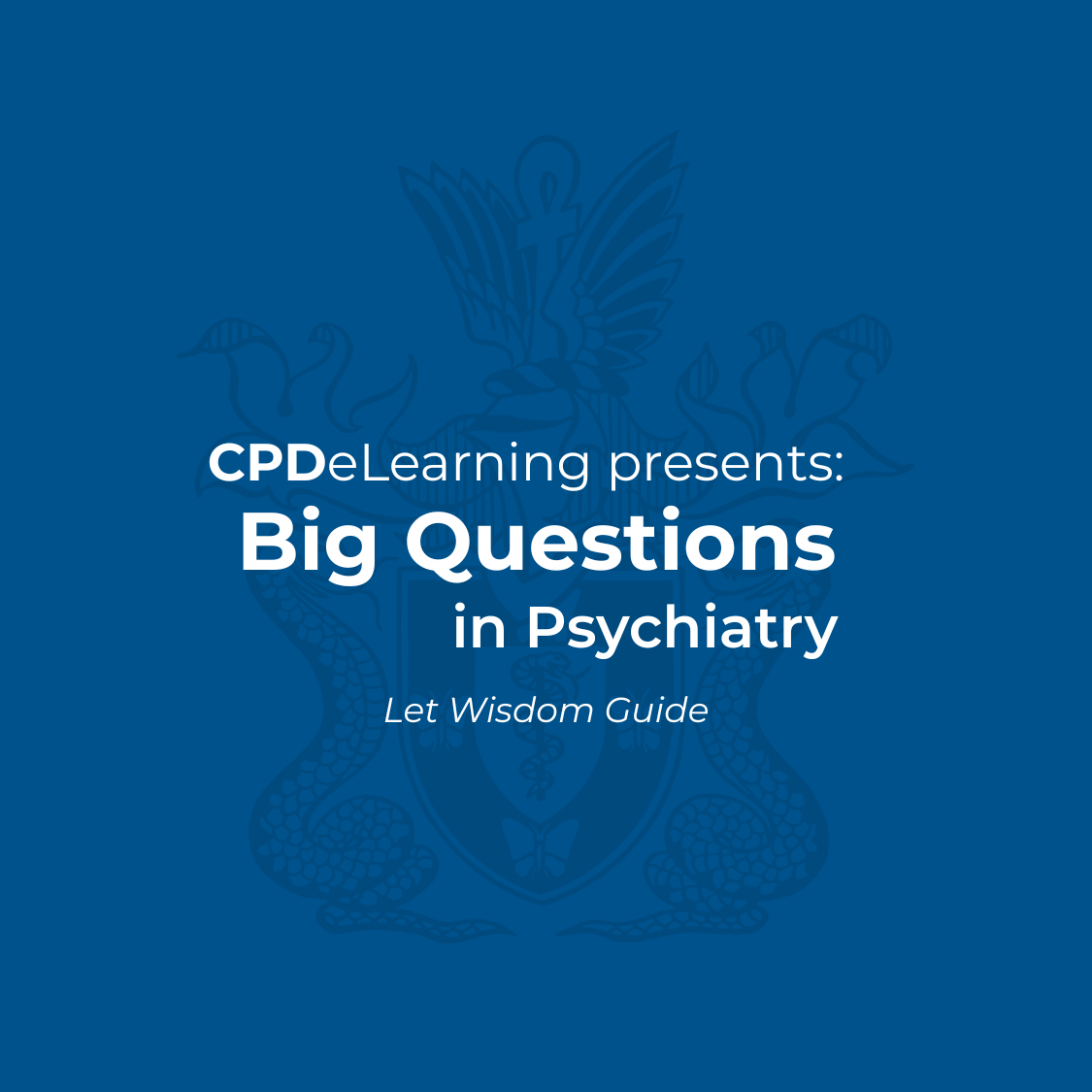Allow content?
This content requires cookies. To view content please update your cookie preferences.
CPD eLearning (formerly CPD Online) is a resource provided by the Royal College of Psychiatrists for mental health professionals, housed on our new eLearning Hub.
CPD eLearning offers a range of learning modules and podcasts that provide a flexible, interactive way of keeping up to date with progress in mental health. During the pandemic, there will be no limit on eLearning that can be counted for CPD; it will be possible for ALL 50 CREDITS to be obtained in this way. Access to the modules is through annual subscription, but we also offer a series of free modules and podcasts for you to trial first.
For more information, visit the CPD eLearning website.
BJPsych Advances and CPD eLearning work together to produce regular joint commissions to enhance learning for mental health professionals.
View related CPD eLearning content
Recent modules and podcasts
This module presents a framework for understanding and addressing the health needs of athletes whose central concern is fatigue leading to underperformance.
CPD credits: 1
 Podcast: Big Questions in Psychiatry: Responsibility in psychiatry – exploring blame, compassion and mental illness
Podcast: Big Questions in Psychiatry: Responsibility in psychiatry – exploring blame, compassion and mental illness
This is the first in our new series of podcasts: Big Questions in Psychiatry, which explore the complex and sometimes messy issues shaping psychiatry. This episode discusses the philosophical notion of responsibility and its relation to blame in mental illness.
CPD credits: 0.5
 Module Climate change, nature and children and young people's mental health
Module Climate change, nature and children and young people's mental health
The module aims to leave learners able to relate this to their clinical work and feel empowered to make small but meaningful changes to improve the sustainability of their practice.
CPD credits: 1
 Podcast Veterans’ mental health
Podcast Veterans’ mental health
This podcast reviews some commonly held misconceptions about veterans’ mental health and discuss further the support available when service personnel leave the military.
CPD credits: 0.5
 Module Anxiety disorders in the perinatal period
Module Anxiety disorders in the perinatal period
This module aims to support health professionals in correctly identifying anxiety disorders in the perinatal period so that effective and timely interventions can be offered.
CPD credits: 1.5
 Module Understanding and facilitating a pre-birth planning meeting
Module Understanding and facilitating a pre-birth planning meeting
This module raises awareness of important issues to consider in the care of a woman with serious mental illness during late pregnancy, maternity admission for the birth and the early postnatal period when she may be at high risk of relapse.
CPD credits: 1.5
